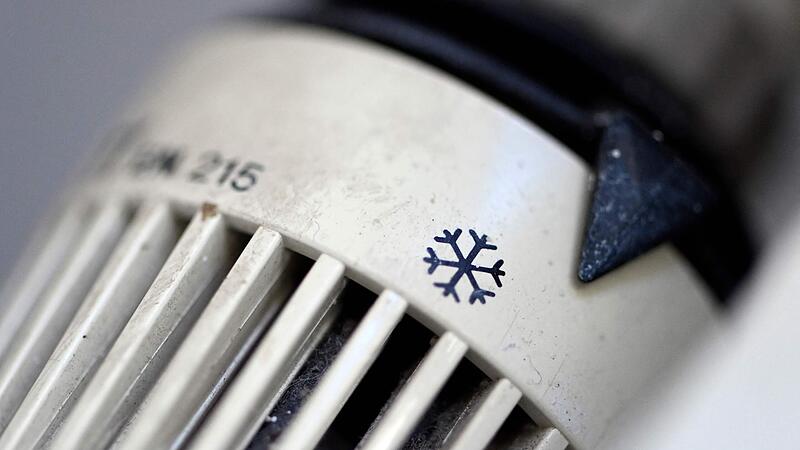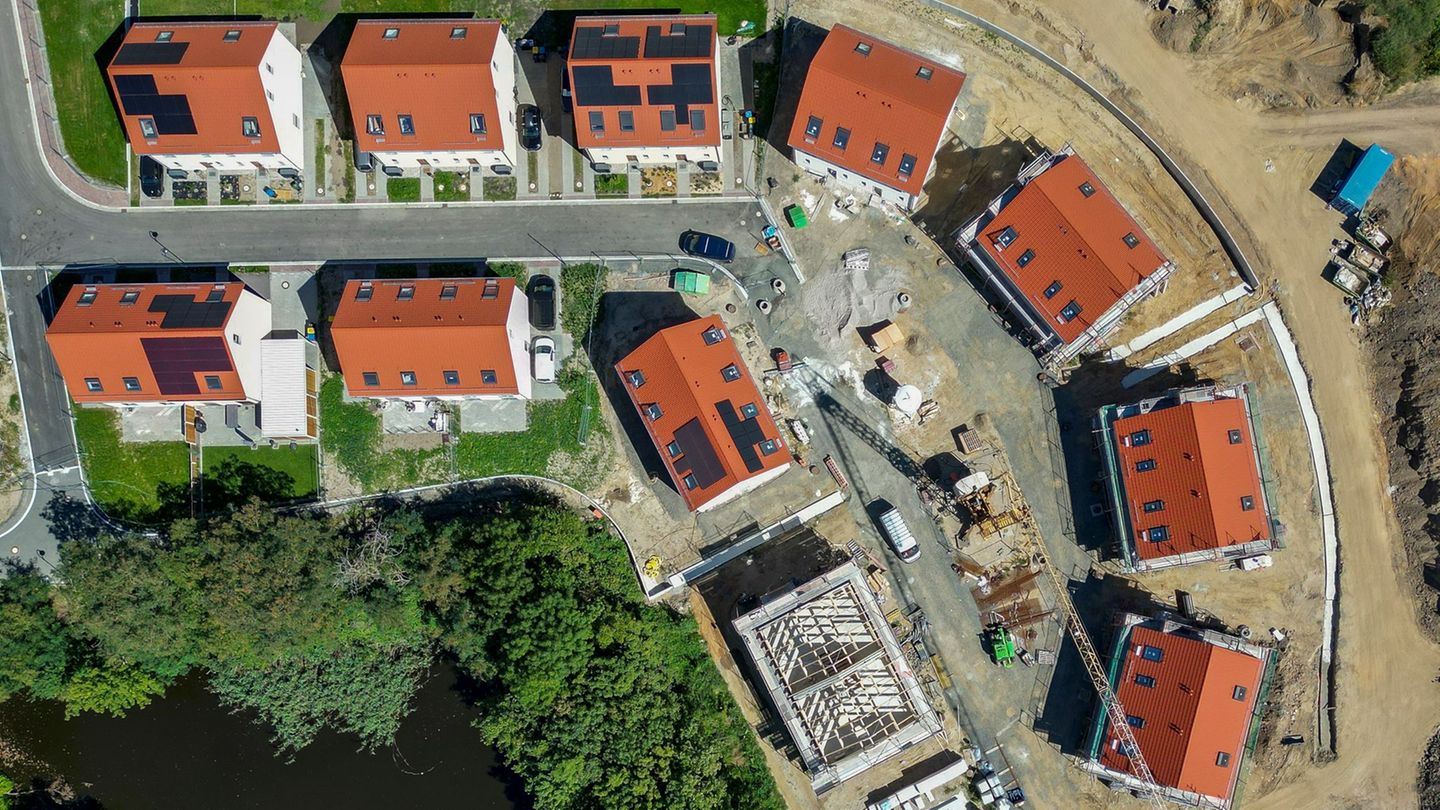“We have observed savings beyond the weather, from households and from industry,” said Johannes Schmidt from BOKU at a press conference of the Austrian Academy of Sciences. At the same time, electricity production from gas is higher than it has been in the last 3 years.
We are basically in a good starting position for the winter,” said Schmidt, from the Institute for Sustainable Development at the Vienna University of Natural Resources and Life Sciences (BOKU). The reservoirs are very well filled, almost never before. “They have been empty since Saturday Gas storage in Europe now”, and thus relatively late in the year. “We were lucky with the weather, it was warm”. But savings in gas consumption were also observed beyond the weather.
The data situation in Germany is better here, and researchers there are recording savings of 10 to 20 percent. The model was replicated in Austria, but some numbers would have to be estimated in this country, for example because it was not entirely clear who was using which gas. “We can see that, adjusted for the weather, we saved 10 to 15 percent in September and October,” but in November the savings fell to 5 percent.
“Industrial Savings”
“We assume that many of these savings come from industry,” says Schmidt. At the same time, the savings achieved in November also declined because the gas price on the spot market fell and the industries that buy there increased their consumption again accordingly. Gas was also saved in July and August, mainly by industry. In the year as a whole, 5 percent less gas has been consumed in Austria than in the comparable periods from 2015 to 2021.
However, gas consumption in electricity production is higher this year than in the past 3 years. “We have a shortage in the electricity sector,” said Schmidt. The reason for this is that little precipitation and low water levels have dampened electricity production from hydropower. Another burden is that production from nuclear power in France is currently well below target.
How to deal with the high electricity and gas prices is a political question. So you can either leave it to the markets, then save where it’s easiest, says Philipp Schmidt-Dengler from the Institute for Economics at the University of Vienna. “It’s clear that this leads to social upheaval. To take one extreme: You wouldn’t leave a famine to the markets,” says the researcher.
The other extreme is to regulate prices, for example with a price cap. “The problem is that the gas is no longer there,” said Schmidt-Dengler. The challenge is therefore, on the one hand, to maintain the effect of the price mechanisms, i.e. incentives to save, and on the other hand to relieve the burden where it is necessary. Social accuracy is important. “What is socially accurate is of course in the eye of the beholder,” but it was not successful with the climate bonus and the electricity price brake. There was no social differentiation there and there were hardly any incentives to save.
Source: Nachrichten




